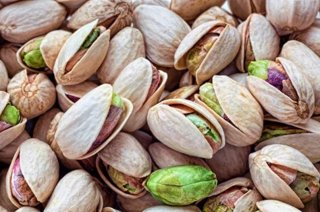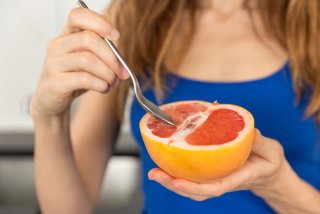20 Superfoods that Can Boost Heart Health
When was the last time you really thought to yourself, “I’m going to eat X because it’s good for my heart?” Probably never. Don’t worry, we’re not so different. Most of the time, the foods we put into our stomachs are just for that purpose—to fill our tummies. However, if you want to improve heart health through a balanced diet, then you should start with these 33 superfoods.
Oranges
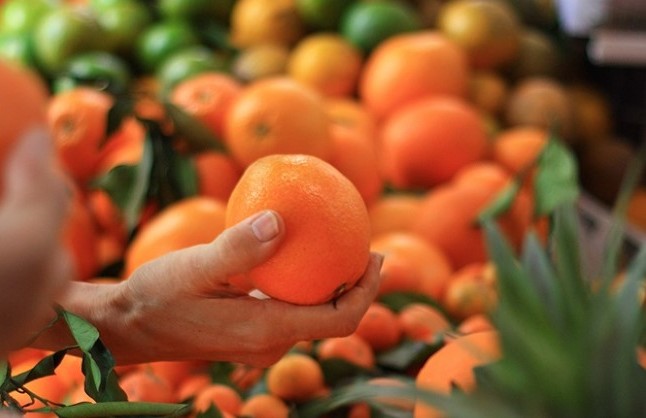
Out of all the fruits out there, oranges are probably the most accessible all year long. They’re an excellent source of vitamin C, which is great for collagen production. But did you know that orange can also improve heart health? The potassium and pectin content in oranges lowers blood pressure and reduces the risks of stroke and heart disease.
Kale
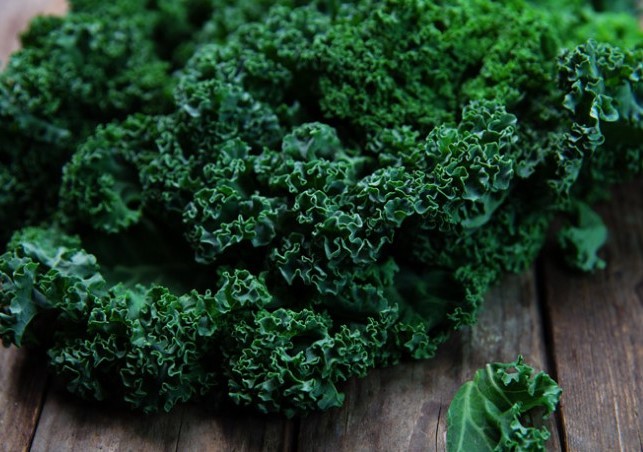
Kale is probably the unofficial spokes-veggie for the vegan lifestyle. Whether you’re vegan or not, you should consider munching on these dark-green cabbages a bit more since they’re chock-full of antioxidants that can reduce inflammation, boost memory retention, and lower blood pressure. All of this possibly equals a better resistance to cardiovascular diseases.
Garlic

Garlic isn’t for everyone, except, of course, when it’s served atop a baguette half with plenty of butter. Well, forget the butter for a minute and let’s focus on garlic. The aromatic onion is known to lower blood pressure, which in turn keeps our love muscle pumping for longer. If you’re not a fan of garlic, try roasting it to a mashable consistency first.
Tomato
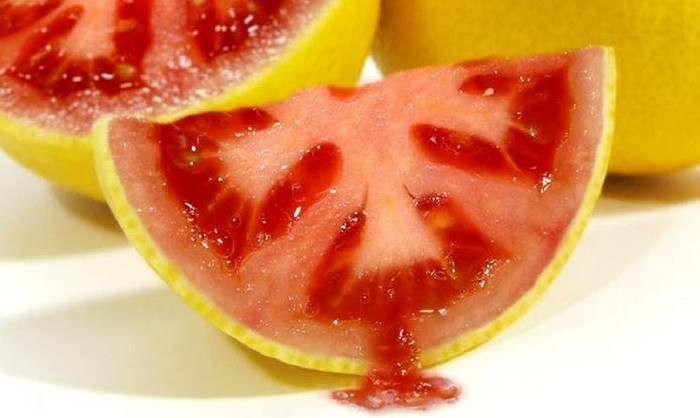
There’s a lots to love about tomatoes. A pizza wouldn’t taste right without marinara sauce, pastas wouldn’t be complete without Bolognese, and salads would only be OK without cherry tomatoes. Apart from their tangy sweetness, there’s a very good reason why you should increase your tomato intake.
Lycopene, the pigment that gives tomatoes their distinct reddish hue, is also an antioxidant that strengthens cell walls, lowers LDL cholesterol, and can help prevent the formation of blood clots. Plus, you can’t be mad at tomatoes for being so juicy since their vitamin C and water content can help maintain collagen production. More tomatoes, please!
Dates

Dates aren’t exactly a fruit that you’ll find in supermarkets, at least in the west, but if you can get your hands on some, you should. Dates have been used to treat ailments for centuries, possibly because ancient medicine men knew about how dates could lower the risk of heart disease.
Red Wine

When consuming alcohol, moderation is key. Red wine can be a healthy beverage option for dinner parties if you limit it to one or two glasses per day. Inside every bottle of red wine, you’ll find resveratrol, a type of antioxidant that research has shown to lower LDL cholesterol and combat hypertension.
Chocolate

Chocolate lovers, we have some excellent news for you! If you love dark chocolate, then you should know that the flavanols in every bar can help improve blood pressure and ward off certain types of heart disease. The key here is dark chocolate since other overly sweetened types of chocolate may not contain the same flavanol levels.
Sardines
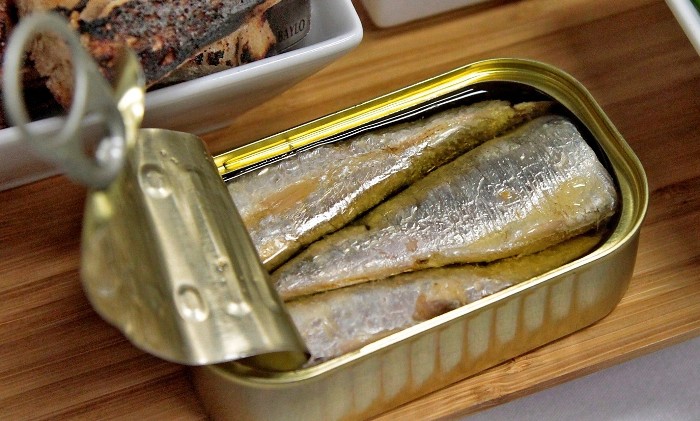
To outdoor camping trip is complete without at least a dozen cans of sardines. However, if you opt for the fresh stuff, you’ll be happy to know that the omega-3 fatty acids can boost both brainpower and heart health while also dousing inflammation. Chuck the salted canned stuff into the garbage and go with fresh sardines every time.
Lentils
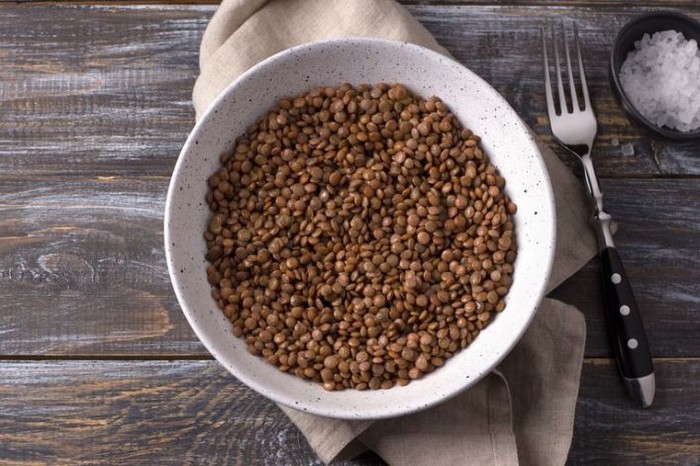
Out of the countless “superfoods” out there, you’ll find that many of them are a part of the legume family. For instance, lentils have been known to reduce the risk of a variety of cancers while also helping in disintegrating arterial plaque buildup. Make sure you cook lentils thoroughly to break down the lectin content, which can lead to an upset stomach.
Almonds

Mixed nuts are nice and all, but do you know what would be better? If you could eat unsalted roasted almonds. Research has indicated that almonds can destroy plaque buildup, thereby improving blood pressure and reducing the risk of strokes. If at all possible, roast your own almonds and use only as much salt as you need to boost their flavor.
Pomegranates
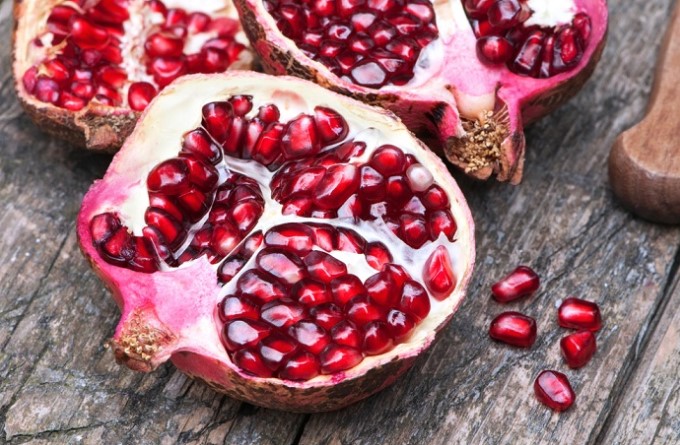
Pomegranates taste absolutely wonderful, but our only gripe with the bulbous fruit is that they’re so danged hard to open! Assuming you’re better at cracking open pomegranates than us, you should be excited to know that they’re rich in vitamin C, which can make your skin look younger while also preventing certain cancers from forming. Some physicians might suggest eating more pomegranate if you have a history of heart disease.
Blueberries

Blueberries are one of the most versatile berries on the planet that serve a million-and-one different purposes. They don’t just work wonders at boosting memory retention, but blueberries’ antioxidants can also lower blood pressure, reduce the risk of strokes, and prevent blood clots from forming. Plus, they taste absolutely wonderful, whether they’re eaten fresh or frozen!
Beets

Beets get an unfair rep. Many people don’t like them for their earthiness, but you should definitely give your tastebuds a chance to get used to beets. Not only do they add some crunch to salads or as toppings, but they also reduce homocysteine levels, which in turn can lower the risk of cardiovascular disease and stroke.
Salmon

When it comes to healthy fish options, salmon is probably at the top of the list. They’re also chock-full of flavor, which is why people call them the chicken of the sea! Salmon is packed with omega-3s, protein, and potassium—all of which serve to improve heart, brain, and muscle health. Roasted, grilled, broiled, sous vide, whatever! Cook it how you like it!
Turmeric
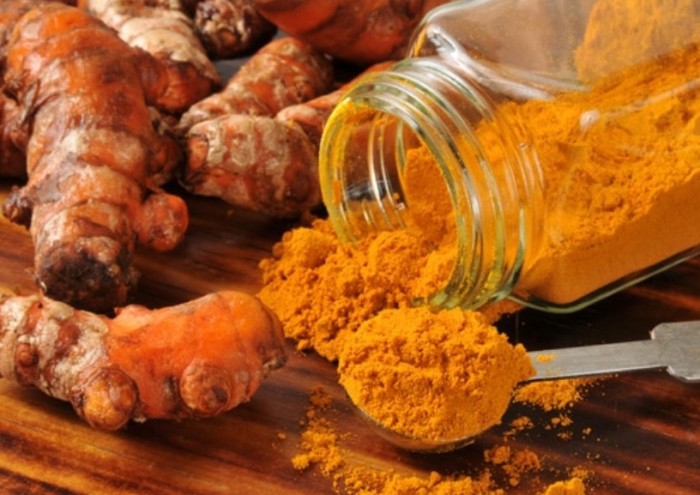
For more than a thousand years, people have turned to turmeric for its medicinal properties. It’s also the main flavoring component in curries as it gives such dishes their iconic yellow or orange hue. Turmeric is full of curcumin, a robust antioxidant that can lower the risk of thickened heart muscles. With more turmeric in your diet, you’ll have a lower risk of heart disease over time.
Chia Seeds

Chia seeds are another versatile superfood that goes perfectly in and on nearly any dish you can think of. If you’re unfamiliar with chia seeds, you should know that the black and white seeds are full of protein and fiber, as well as contain trace amounts of omega-3s. Together, these three nutrients can reduce blood pressure.
Apples

Although an apple a day doesn’t really keep the doctor away, it might help you reduce how frequently you need to visit your cardiologist. In every juicy bite is a ton of antioxidants and minerals that do more than just keeping blood pressure within controllable levels. They can lower cholesterol levels, play a role in preventing certain cancers, and they’re a diabetic-friendly snack.
Avocados
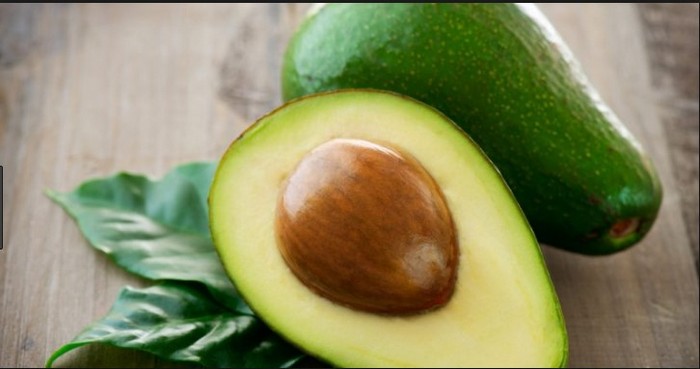
Whether you love them or not, avocados are around for a very good reason. Well, apart from their flavor, we mean. Avocados are full of healthy fat, potassium, and antioxidants, all of which can help lower the risk of heart disease and stroke. Whether you like it in dip form (low salt, please) or spread atop toast, you should eat more avocado!
Eggplant

Like beets, eggplant can take some getting used to. They’re not particularly crunchy; in fact, their mushiness is what puts people off from eggplants! But if you can stomach the purple vegetable, you should know that its antioxidant content can lower blood pressure and the risk of stroke. Just go easy on the cheese when eating eggplant parm.
Broccoli

Broccoli is one of those vegetables that gets underserved hate. Hating on broccoli was the “cool” thing to do as kids, but they don’t even taste that bad! A lightly steamed head of broccoli can also help control cholesterol levels, clear arterial plaque, and assist diabetes patients in keeping blood sugar within tolerable levels.
Carrots

One vegetable we’re thankful that our kids love is carrots. You’ve undoubtedly heard that carrots can improve your eyesight, but how can they help your heart? It turns out that beta-carotene content, a robust antioxidant that gives carrots its unique orange color, can help reduce the risk of heart disease. And that’s what’s up, doc!
You may like:
